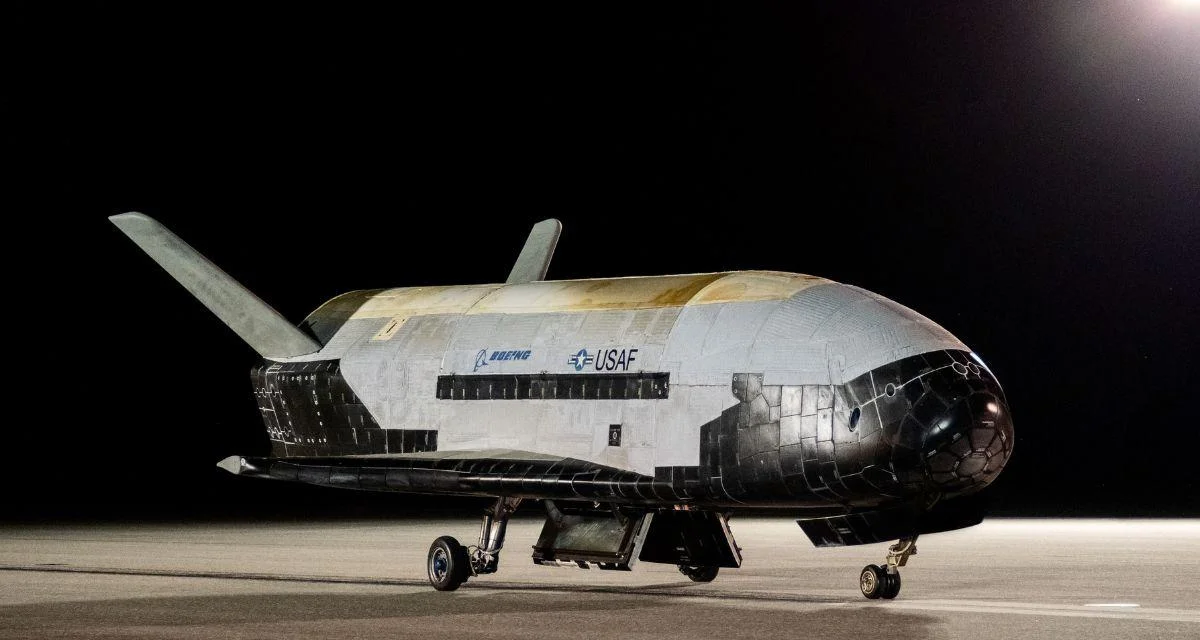Global air transport relies on the collaboration of various stakeholders, including airport operators, governments, and military entities. Each country is responsible for managing its own airspace, which includes areas above both land and sea. Pilots use GPS to navigate efficiently through different airspaces, allowing for direct routes and reduced flight times.
However, airspace closures and GPS jamming have increasingly impacted airline operations. Military authorities or national governments may close airspace to ensure safety, causing airlines to delay or cancel flights. If not flying directly to a destination within closed airspace, airlines must reroute flights, leading to longer travel times and increased fuel consumption.
Airspace can be closed for reasons such as military exercises, natural disasters, conflicts, or high-profile events. These closures affect the flow of goods and humanitarian efforts provided by nonprofit organizations through their airline partners.
 Alerts Sign-up
Alerts Sign-up








